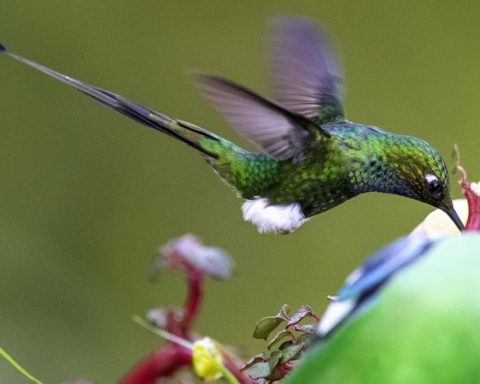Une histoire qui sent le soufre
LIRE DANS UP : Bataille des pesticides : coups bas à gogo
LIRE DANS UP : Bataille des néonicotinoïdes : les abeilles devront encore attendre
L’agriculture mondiale en ligne de mire
LIRE DANS UP : Ces OGM cachés que les industriels veulent nous faire passer en douce…
Une stratégie périlleuse













